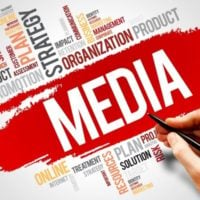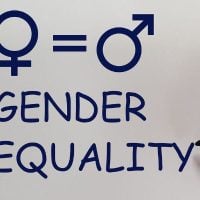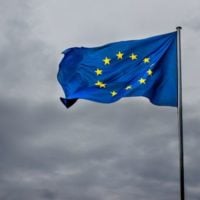Deadline: 15 March 2020
The Lorenzo Natali Media Prize was launched in 1992 to recognise and celebrate excellence in reporting on sustainable development issues. It was created by DG DEVCO, and named after Lorenzo Natali, a precursor of European development policy.
Today, the Lorenzo Natali Media Prize’s community of past winners, Grand Jury members, strategic regional partners and ambassadors have created a platform supporting journalism for sustainable development. The Prize also gives a voice to those whose vital message is often overlooked or ignored.
Themes
The overarching theme of the Lorenzo Natali Media Prize is sustainable development.
Entries to this year’s competition should relate to sustainable development issues such as, but not limited to, fighting poverty and inequalities, human rights, democracy, youth, gender equality, environment and climate change, health, and technology and digital.
Categories
The applicants must choose one of these categories when filling in the online form. The Prize is open to journalists in the following three categories:
- Grand Prize: reporting published by a media based in one of the European Union’s partner countries on development and cooperation.
- Europe Prize: reporting published by a media based in the European Union.
- Best Emerging Journalist Prize: open to journalists under 30 whose reporting was published by a media based in the European Union or in one of its partner countries on development and cooperation.
Prize Information
- There will be up to three winners. Categories will not be awarded if quality is not met. Each winner will receive 10,000€. The winner of the Best Emerging Journalist category will also be offered a work experience opportunity with a media partner.
- The winners will be invited to participate in the Award Ceremony to be held in Brussels on 9-10 June 2020. The European Commission will cover the cost of their travels. In the case of jointly authored or produced items, please note that only one person will be sponsored to join the Award Ceremony.
Eligibility Criteria
- Publication period:
- Entries must have been published (print or online) or broadcasted (radio or television) between 10 March 2019 and 9 March 2020.
- For the UK, reporting must have been published between 10 March 2019 and 31 January 2020.
- Language requirements: English, French and Spanish are the official languages of the Prize. However, The Prize accepts all languages as long as a translation in English, French or Spanish is provided. The entries will be evaluated on the basis of translated texts.
- Length: For text-based entries, the length limit is 2,300 words. Video and audio entries can be up to 10 minutes long.
- Geographic eligibility: It is based on the location of the media outlet where the reporting was published. The outlet’s office must be based in an eligible country. For example, reporting published in Reuters India is eligible, while reporting published in Reuters USA is not.
Evaluation Criteria
The evaluation will be based on the following criteria (on a scale of 0 to 5). Relevance to sustainable development issues will be the main criterion. A zero score in the relevance area will disqualify the entry.
Evaluation criteria for text-based entries:
- Relevance to the sustainable development theme.
- Reporting rigour: the entry demonstrates well-documented work based on a variety of sources. It is accurate and factual and/or supported by evidence and well-reasoned if it is an opinion piece.
- Writing: language, style, structure, clarity of language, original approach to the theme, reader’s interest maintained.
- Added value: entry covers a topic with social importance and brings to light an issue that is important for development. Entry contributes to making a difference or an analytical perspective (subject is significant, it provides a thoughtful analysis, it brings clarity).
Evaluation criteria for video or audio entries:
- Relevance to the sustainable development theme.
- Reporting rigour: the entry demonstrates well-documented work based on a variety of sources. It is accurate and factual and/or supported by evidence and well-reasoned if it is an opinion piece.
- Editing & Recording: language & neutrality, style, structure, clarity, quality of the image and picture/ audio track, dynamism (avoiding sensationalism). Added-value of audio-visual material is clear. Innovative and appropriate use of recording techniques.
- Added-value: entry covers a topic with social importance and brings to light an issue that is important for development. Entry contributes to making a difference or an analytical perspective (subject is significant, it provides a thoughtful analysis, it brings clarity).
How to Apply
Use the application form available on the given website. You will need to upload your reporting (text or audio-visual file) as well as a translation of the work in English, Spanish or French if the original is not in one of these languages.
For more information, visit https://ec.europa.eu/international-partnerships/lnp_en









































